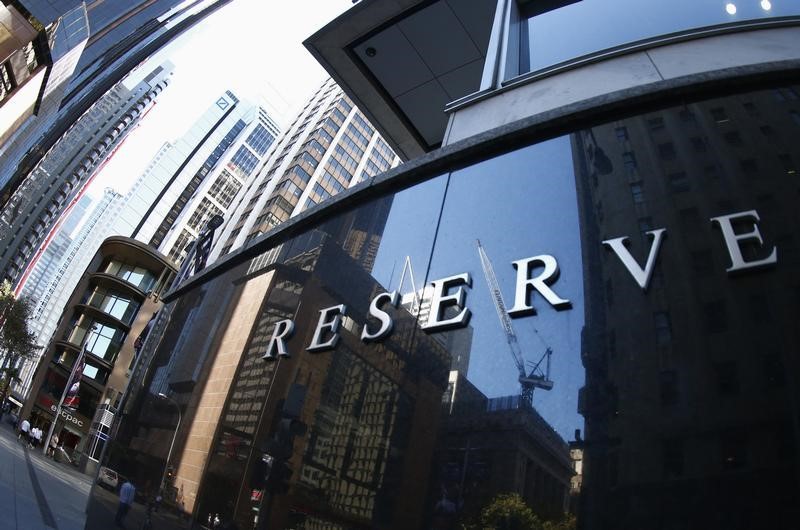By Ambar Warrick
Investing.com -- The Reserve Bank of Australia may tighten monetary policy further despite a pause in April, although the decision will be largely dependent on the path of inflation and the economy, the minutes of the bank’s latest meeting showed on Tuesday.
The bank said the pause was also consistent with a pattern of pre-pandemic policy making, signaling that monetary policy may be normalizing after nearly three years of COVID-driven ructions.
The RBA held its official cash target rate steady at 3.6% earlier this month after hiking rates by over 300 basis points (bps) over the past 12 months. The bank said it was waiting to see the full effects of its hiking cycle on the economy, and was also encouraged to pause by signs that inflation had peaked.
But given that inflation is still well above the RBA’s 2% to 3% target range, Governor Philip Lowe warned after the April meeting that the bank may yet still hike interest rates. The RBA minutes echoed this sentiment, although more monetary tightening will be largely contingent on a slew of economic indicators due over the coming month.
“Members observed that it was important to be clear that monetary policy may need to be tightened at subsequent meetings and that the purpose of pausing at this meeting was to allow time to gather more information,” the RBA minutes said.
The minutes showed that policymakers had considered an additional 25 bps hike during the meeting, on the grounds that inflation remained too high and that the labor market was still tight. But they instead opted for a pause.
Policymakers are now awaiting a slew of economic indicators, including an inflation reading for the first quarter, more reports on the labor market, and a full set of updated economic forecasts for the year, which are due just before the RBA’s May meeting.
The RBA expects inflation to only reach its target range by mid-2025, and that economic growth and the labor market are likely to weaken in the interim. The bank also warned that higher population growth in the country may factor into higher inflation, especially in the housing market.
But the bank noted that the Australian economy remained resilient and was insulated from recent failures in U.S. and European banks.
